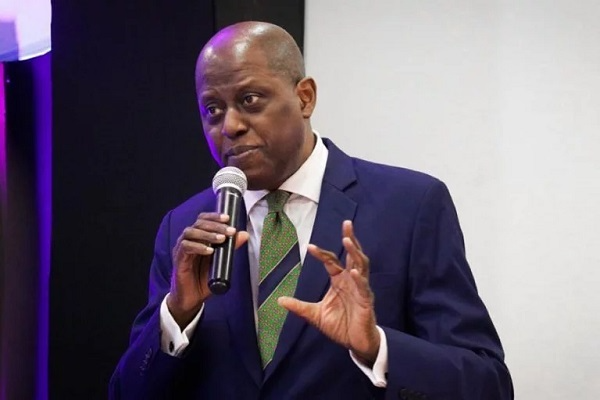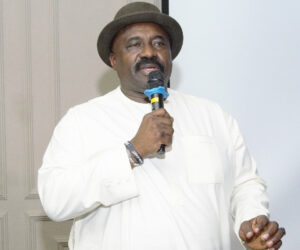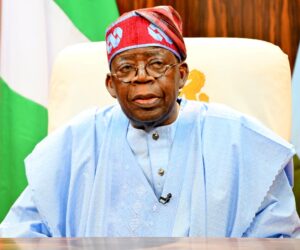The Governor of the Central Bank of Nigeria (CBN), Olayemi Cardoso, has said that his two-year stewardship has yielded results in the apex bank’s core mandate, particularly in stimulating productivity, promoting financial inclusiveness and price stability.
Cardoso made this disclosure during his remarks at the opening ceremony of a fair organized by the bank, held in Kano on Tuesday, with the theme ‘Driving Alternative Payment Channels as Tools for Financial Inclusion Growth and Accelerated Economic Development’
He said his efforts have already started yielding positive results, including increased inflows of foreign investments, positive trade balances, and remarkable progress in financial inclusion, among others.
The Governor, represented by the Acting Director of the Corporate Communications Department, Hakama Sidi, explained that the core objective of the engagement was to sensitize Nigerians on how the Bank’s policies enhance their livelihoods and contribute to economic growth and development.
“Since assuming office, two years ago, the Governor has spearheaded several key policies to strengthen the financial system. These include, exchange rate unification reduce volatility in the foreign exchange market and cleared over $7bn verified backlog of FX forwards”
He further explained that other achievements are bank recapitalisation to strengthen the resilience and global competitiveness of the banking sector, positioning it to support the $1trillion economy and launching of the non-resident BVN to connect Nigerians abroad with home banking.
“We Unveiled the Nigeria Payments System Vision 2028 (PSV 2028), to accelerate digital transformation, deepen financial inclusion, and position Nigeria more strongly in global payments.
The CBN further emphasized the need for the general public to respect the country’s currency by avoiding mutilation, abuse, or counterfeiting, especially as it’s being gradually phased out with the introduction of new banking initiatives.
Cardoso used the fair, attended by multiple stakeholders including market organizations, students, commercial banks, and finance agents, to encourage them to respect and handle the Naira properly by avoiding spraying, hawking, mutilating, or counterfeiting it, describing it as a critical national symbol.
Ahmad Sorondinki
Follow us on:








